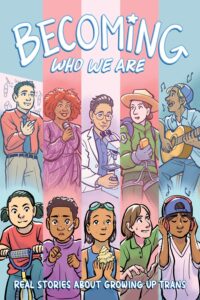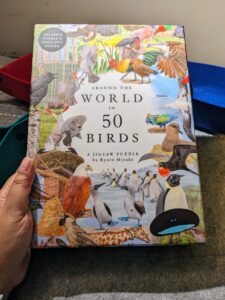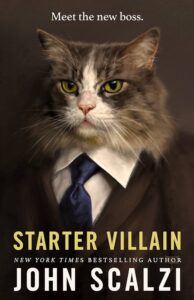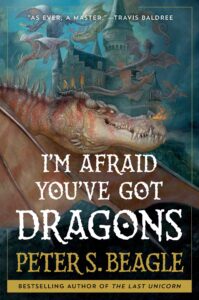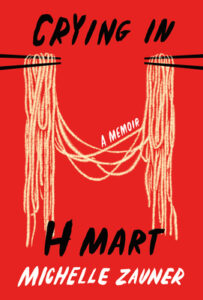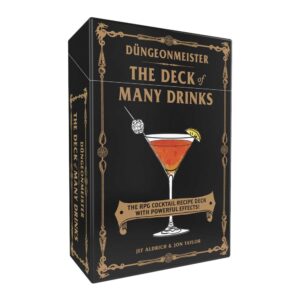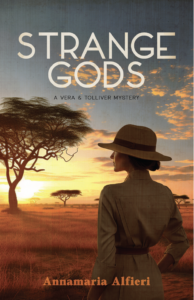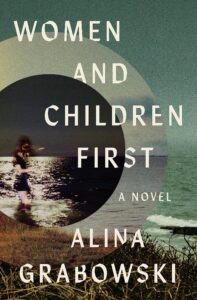And we’re back! After the registration debacle in Chengdu last year — never mind all the subsequent scandals — it was a relief to be able to sign up quickly and easily for Glasgow and get my voting packet for the 2024 Hugo Awards. I begin my coverage, as always, with the Best Short Story Nominees, which I’ve found always work best in warming me up for all the categories.
 After reading through them all, my favorite short story, to my surprise, turned out to be Baoshu’s Tasting The Future Delicacy Three Times. I want to say that it was translated into English by Xueting C Ni, but the rather acerbic author’s note leaves me to wonder at whom else may have translated it in the past. The note was also the reason I was rather cautious going into this, as the author dissenting quite loudly with his translator is rarely a good sign for what I’m about to read in translation. Regardless, the clever, three-fold tale of the lengths that some people will go to in order to taste the most exquisite flavors really impressed me with how well it brings a speculative fiction lens to some of the most universal desires of humanity. As a food-lover, I found the piece both extraordinary and disturbing: my favorite kind of fiction.
After reading through them all, my favorite short story, to my surprise, turned out to be Baoshu’s Tasting The Future Delicacy Three Times. I want to say that it was translated into English by Xueting C Ni, but the rather acerbic author’s note leaves me to wonder at whom else may have translated it in the past. The note was also the reason I was rather cautious going into this, as the author dissenting quite loudly with his translator is rarely a good sign for what I’m about to read in translation. Regardless, the clever, three-fold tale of the lengths that some people will go to in order to taste the most exquisite flavors really impressed me with how well it brings a speculative fiction lens to some of the most universal desires of humanity. As a food-lover, I found the piece both extraordinary and disturbing: my favorite kind of fiction.
Running a close second was Rachael K Jones’ The Sound Of Children Screaming. I am a sucker for a deconstructed tale, and this was a brilliant example of that. Even better, the short story also dissects the USian gun culture that allows mass and in particular school shootings to continue without legislative check. It’s a powerful, deeply intelligent and achingly raw fantasia of survival and fighting back. Honestly, it was so good, it made me want to read the entire issue of the magazine it came in!

